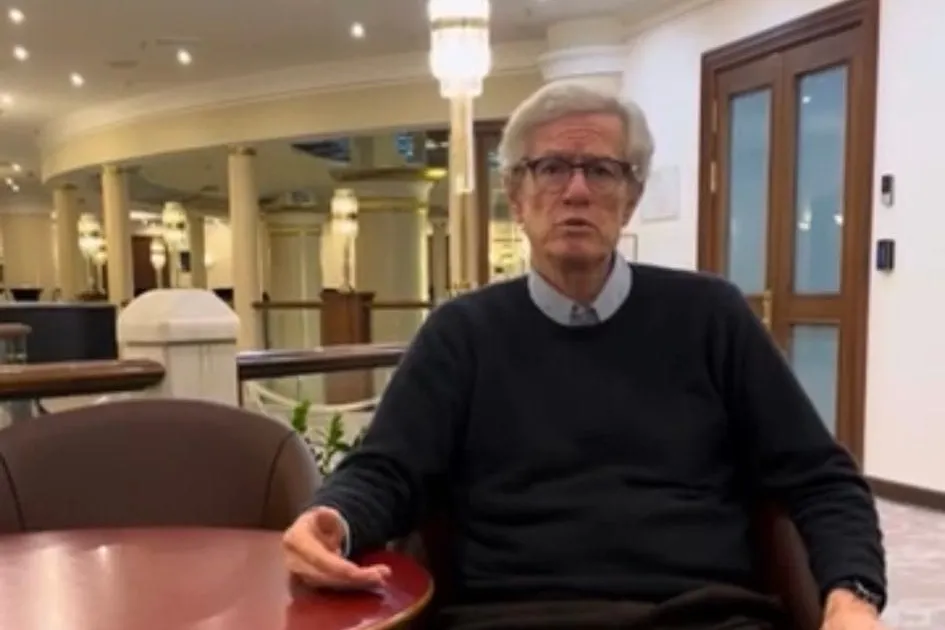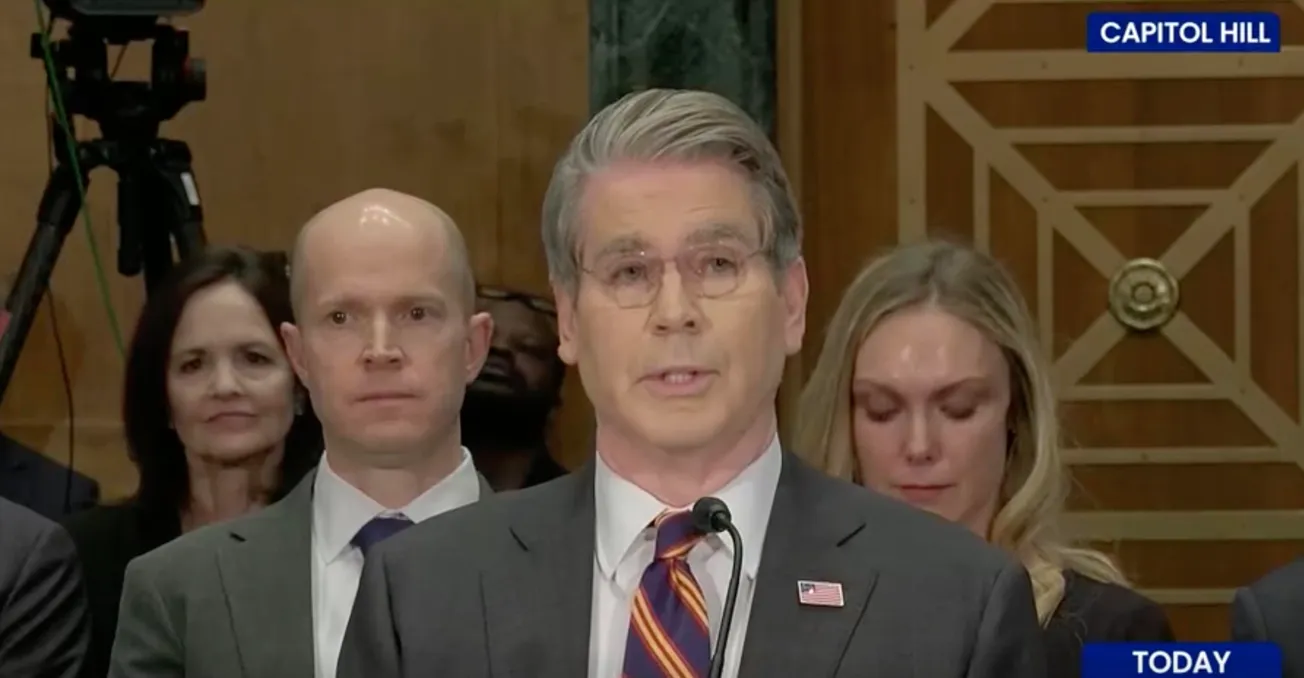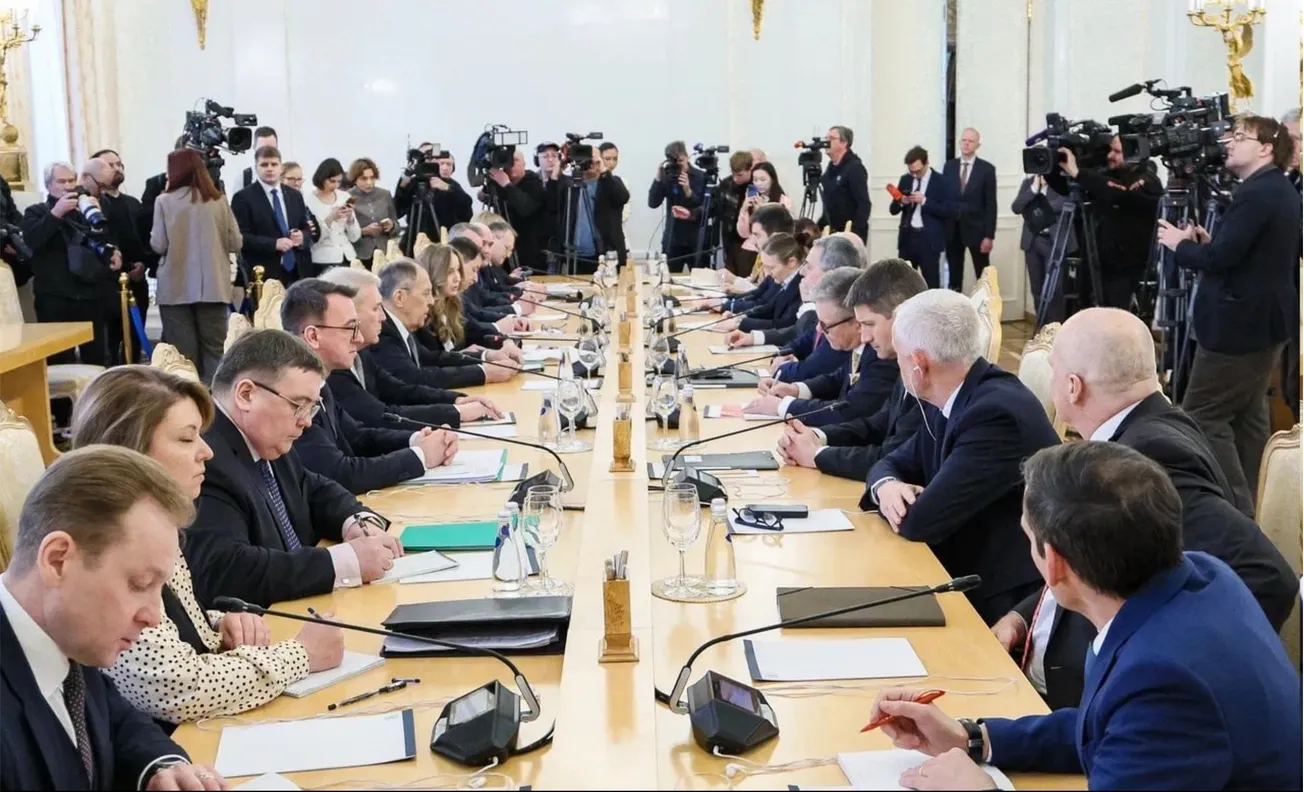Paulo Nogueira Batista, the Brazilian economist who was an Executive Director of the International Monetary Fund (April 2007-June 2015) and vice president of the BRICS New Development Bank (2015-2017), co-authored an article for Project Syndicate on Oct. 25 under the above title together with Robert H. Wade, a Professor of Global Political Economy at the London School of Economics. It begins: “The International Monetary Fund has been operating for almost 80 years, yet its decision-making still reflects the era of Western colonialism in which it was founded. Although virtually all sovereign states are formally represented in its governance structure, a small cohort of Western nation-states, representing 15% of the global population, calls the shots.
“Yet the world has become much more ‘multipolar’ over the past decade, and China has begun to challenge America’s longstanding hegemony by building ‘infrastructure alliances’ with many developing countries. In a deepening new cold war, the United States is going all out to ‘contain’ China, even as the two maintain a high degree of economic interdependence (making this conflict fundamentally different from the one with the Soviet Union).
“The U.S. and Europe, for their part, are determined to preserve their dominant positions within powerful international organizations like the IMF and the World Bank, which they intend to use as geopolitical instruments. Countries that comply with their wishes will be rewarded, whereas those that show resistance or hostility will struggle to unlock financial support, even if they are willing and able to pursue robust macroeconomic-stabilization and structural-adjustment programs.”
They reveal one of the secrets of the IMF lending practices: “As for the IMF’s withholding assistance from countries hostile to the West, little public information is available because these cases are never brought to the Board, they are decided backstage; and the countries themselves have no incentive to speak about it in public lest it hurt their standing in financial markets. But it has come to be known that Syria, Venezuela, and Mali (after it ousted the French) were recently all turned down (a staff agreement reached with Mali earlier this year has not yet been approved).”




